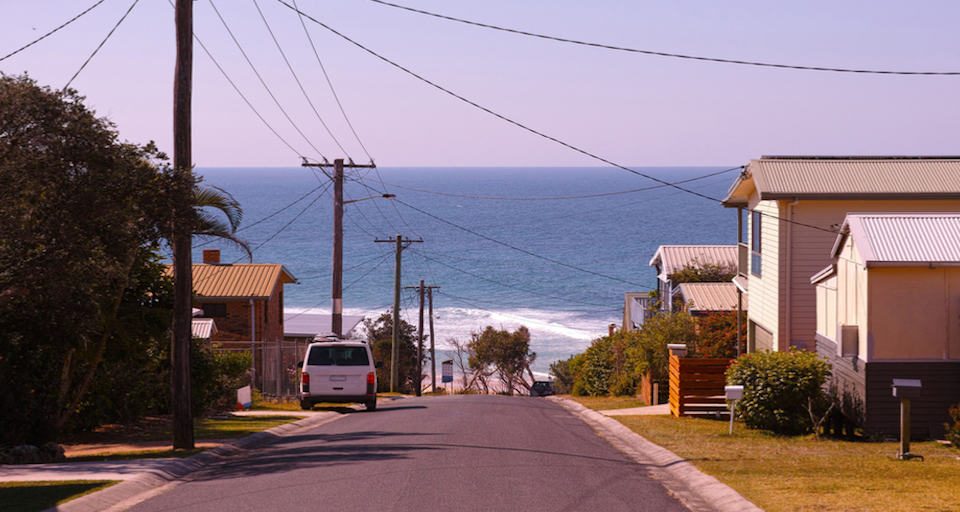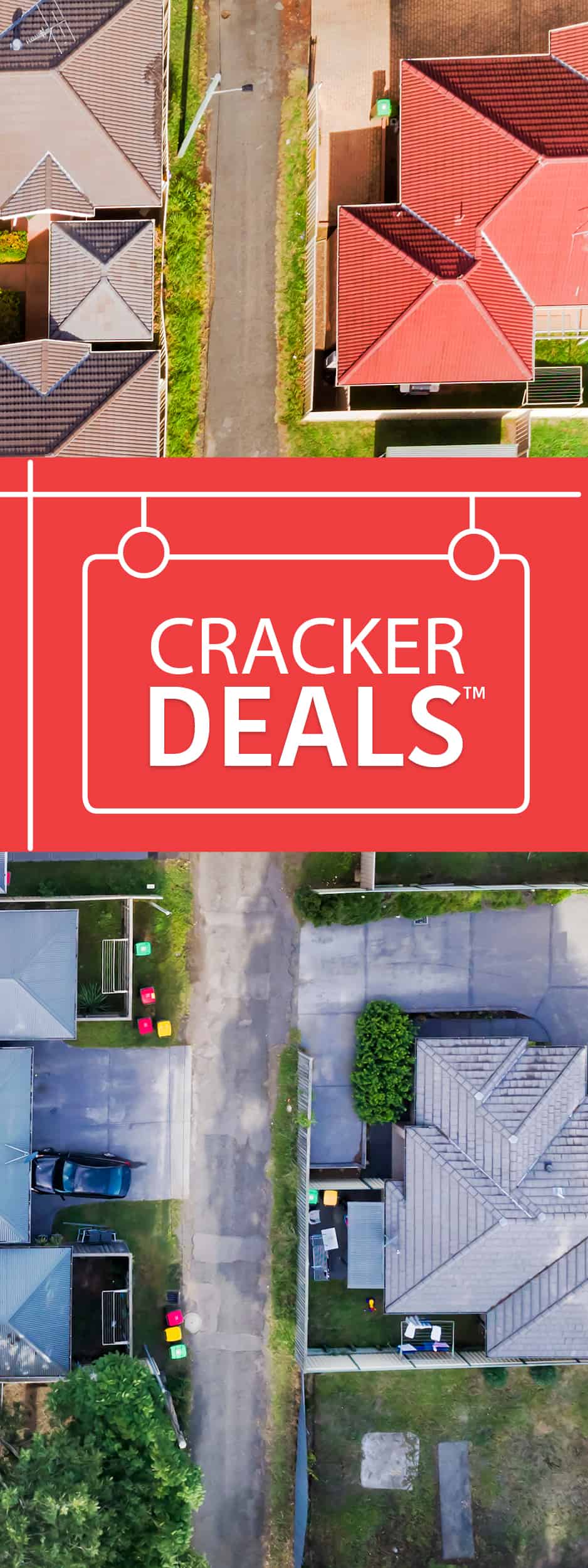- The first step is making the call.
- 1300 022 482
- hello@searchpartyproperty.com.au
How To Increase Your Property Resale Value

When it comes time to sell, you’re going to want your main focal points to be the market as it currently stands and where it’s heading, as well as getting a good estate agent to handle the sale. If you’re selling the property you live in, you need to take into account when it is you want to move and what the market will be like when you do. Selling is a lengthy process that can take upwards of 3-6 months, so you need a clear plan.
In the early preparation stages, renovations and decoration can make a very big difference. Spending a few dollars here and there can see a dramatic increase in interest in your property. Targeting specific tastes is a risky game, but so is presenting a place that feels soulless. Don’t become overambitious when it comes to the DIY either. If cost is a big concern, don’t make up for it by pouring time into handyman improvements you’re ill-equipped to handle. You’ll do more harm than good.
When it comes to increasing the resale value of your property, the general consensus among interior designers and developers is that certain focal parts of the house should be prioritised. This tends to be the larger rooms; for example a renovated kitchen, even if it’s just a few new cabinets and tabletops, will impress upon buyers much more than a toilet or bathroom, which can be more costly and time consuming to do up. You shouldn’t be splurging on expensive extras that don’t significantly add to market value. Eco-friendly and energy efficient appliances and materials may seem like they’re all the rage, but they can rack up some serious bills in the blink of an eye. Leave big additions for your buyers to add later, you’re unlikely to see comparable returns by investing in them, and you may only slim your potential buyer pool. Re-organising furniture placement and features to make the best use of space can also go a long way. A small bedroom can be made to feel a lot more spacious if the bed and accompanying dresser are well positioned. Emphasise natural light and draw attention to amenities. When perusing online listings, buyers will often only scan a list of features. If you can tick a few extra boxes; laundry room, study area, outdoor lighting, you’ll increase your chances of getting interested parties through the door. Read the market well and adjust accordingly. Above all a property just needs to be presentable, pristine and, where appropriate, adaptability.
Presentation throughout the sales process can be your make or break, and should take precedence over ostentatious renovations. Keeping the property clean and tidy requires work, but it should be kept up consistently. It’s good to be flexible to private inspections, you never know what time of the day the perfect buyer might schedule, and the more people you’re getting through the door, the more offers you’ll have on the table. You’ll need to keep the property well staged as well, which can be done alone or with the help of a professional. A neutral, refined decor is probably your best bet for casting a wide net, but again it’ll depend on the types of people you’re marketing toward. To a get a better idea it helps to do a spot of self education. Attend auctions and open houses in your area, as well as properties similar to your own to get an idea of the competition, as well as what is and isn’t effective from a buyers perspective. Get into the headspace of who you’re selling to, put yourself in their shoes and you’ll have a better idea of how they’ll perceive your property. You’ll be surprised how often a seller can overlook simple things when they’re caught up in the stress of selling. An untidy garden, crooked pictures on the walls, noisy appliances left running. It’s the small things that add up and make a big impression, in turn increasing the resale value of your house or apartment.
Just as it’s important to have a good property manager when letting a property, it’s important to have a really good agent when selling. Agents need to be chosen carefully and be the right fit for the job. You’re looking for experience, and well placed experience at that. Those local to your property tend to be the more astute option, as they’ll come equipped with knowledge of your area and the details of its market. Be warned, it’s often prudent to splash out a little more on your choice of estate agent. Cheaper options tend to come with less focus on marketing, less experience and will rush towards a quick sale. A more focused and reliable agent will come at a premium, but you’ll see a better ratio of return to investment when the sale is finalised. There are plenty of online tools for searching out estate agents, but check their sales records and compare them to the market values of the time. Are they underselling properties or raking in big profits? At the end of the day, it’s that simple marker of success that speaks above all else.
When working with estate agents communication is key. You want someone who you can have a healthy dialogue with at all times. Someone you can feel comfortable and honest with. Planning and strategy will be ongoing throughout the selling process, so you’ll need someone you can trust and who is willing to put you first. Again, this is why you’ll need to spend more to get more. In the long run it’ll make the process less painful and much more profitable.
When judging who to pick, you can’t beat getting boots on the ground and going to see them in action. Once again, putting yourself in the place of the buyer and doing a little undercover work can really help here. Going to property viewings, even if the property itself is dissimilar to your own, where a potential estate agent is working will allow their work to speak for itself. An estate agent who views you as a client rather than a buyer will say whatever they think you want to hear. When looking for an estate agent you need to keep the power in your own hands and gain as much knowledge as you can first by inverting that relationship. See their work from a buyers perspective before you approach them. How do they speak to potential buyers? How well do they answer questions? Do they seem relaxed or overly tense? Do they have a good eye for interested parties, and how well do they follow up these intuitions? At all times though, you should keep one question in mind above all else:
Who are they working for? The buyer or the seller?
It seems like a silly question but trust me you’ll be surprised by how often estate agents, especially those young in the business, will lean towards the side of the former. They’ll overshare on information or make reference to other properties that they may be trying to sell in the area as opposed to focusing on the current property. An estate agent will be working with several clients at any one time, that’s unavoidable, but you want one who will act and perform as if you are their sole focus.
This process of self-instruction can continue throughout the process too. Even after you’ve taken on an estate agent don’t be afraid to check up on them. Send in a mystery shopper to see them in action and assess their performance. Even if it’s just an incognito family member who has an afternoon to kill it’ll give you an idea of what your agent gets up to when you’re not around, and if they’re worth what you’re paying them.
Awareness reigns supreme when it comes to increasing your property resale value and selling your property. A good estate agent is pivotal, but don’t remove yourself from the process. Keep abreast of the market and stay aware of where your money is going.




